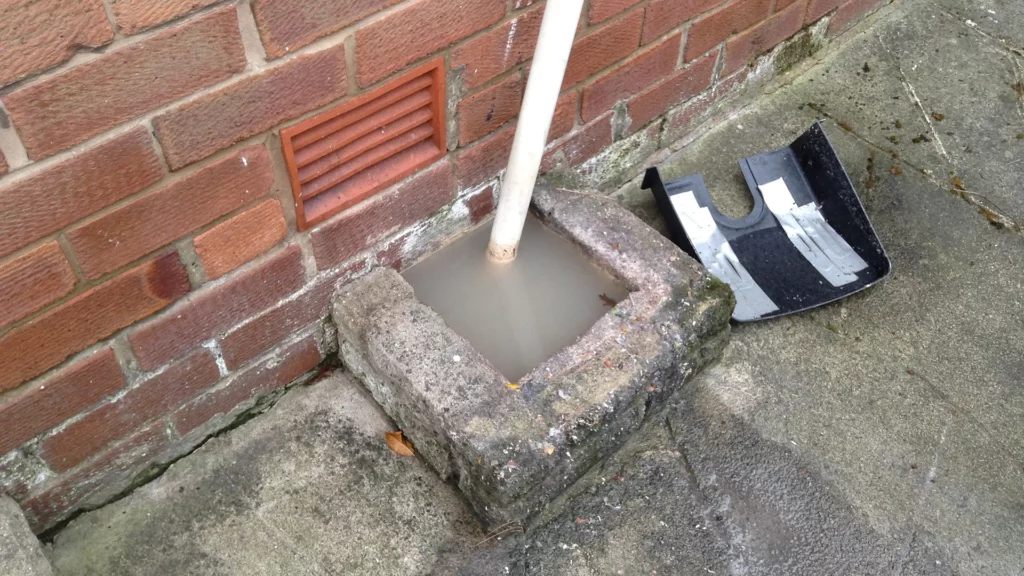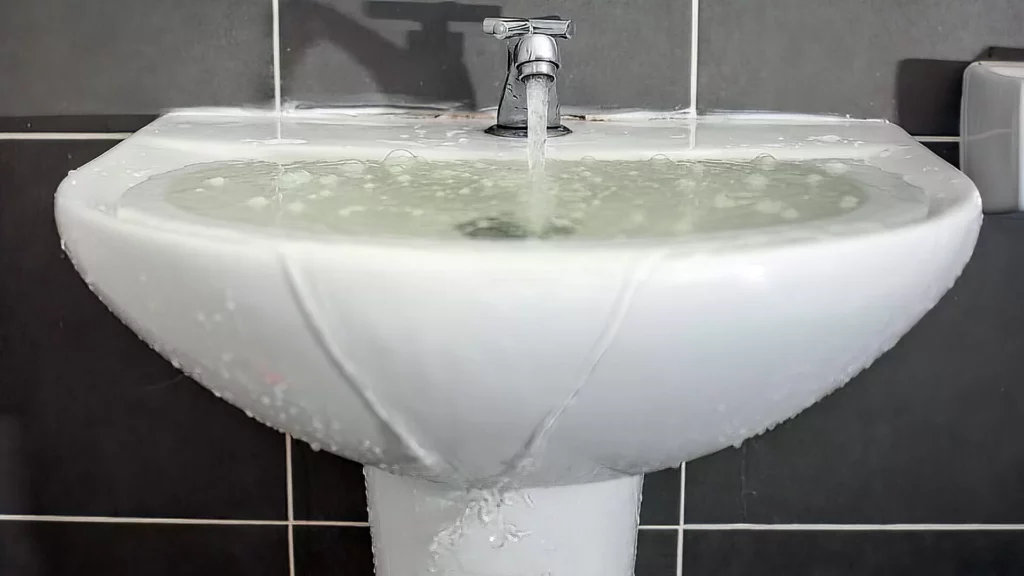A blocked drain can be a frustrating and inconvenient problem to deal with. A blocked drain in Winchester can disrupt your daily routine and potentially lead to more significant plumbing issues if left unaddressed, whether it’s a clogged sink, a backed-up toilet, or a slow-draining shower. Understanding the common causes of drain blockages and awareness of the warning signs can help you take proactive measures.
This blog explains the most common causes and warning signs of blocked drains. It also discusses different methods to unblock the drains.
Common Causes of Drain Blocks
Various factors can cause drain blockages. Here are some common causes of drain blockage:
Accumulation of Solid Materials:
One of the primary causes of drain blockage is the buildup of solid materials such as food particles, minerals, grease, hair, soap residue, toilet paper, or foreign objects. Over time, these materials can accumulate and blockage the drain pipes.
Tree Roots:
Tree roots are attracted to sources of moisture, and if there are small cracks or gaps in underground drain pipes, roots can infiltrate the pipes and grow inside them. As the roots continue to expand, they can cause significant blockages and even lead to pipe damage.
Structural Issues:
Drain pipes can develop structural problems such as misalignments, collapses, or bellied sections. These issues can impede the proper flow of water, allowing debris and other materials to get trapped and cause blockages.
Fat, Oil, and Grease (FOG):
Pouring oil, fat, or grease down the drain may seem convenient. Still, these substances can solidify and accumulate inside the pipes. Over time, FOG can cause severe blockages and restrict water flow.
Poor Pipe Installation or Design:
Drain blockages can sometimes be attributed to inadequate pipe installation or design flaws. If pipes are not installed properly or have incorrect slopes, it can hinder the natural flow of water and promote blockages.

Warning Signs of Blocked Drains
Several warning signs indicate you may have a blocked drain in Christchurch. Attention to these signs can help you identify and address the issue before it worsens. Here are some common warning signs of blocked drains:
Slow Drainage:
If the water drains slowly from sinks, showers, or bathtubs, it could be a sign of a blockage. The blockage restricts the water flow, causing it to drain more slowly than usual.
Gurgling Sounds:
Water struggling to pass through a blocked drain in Winchester can create gurgling or bubbling sounds. If you hear unusual noises from your drains or toilet after using them, it may indicate a pipe blockage.
Foul Odours:
Blocked drains can emit unpleasant odours from stagnant water and trapped debris. If you notice persistent foul smells coming from a drain, it could be a sign of a blockage even after cleaning.
Water Backup or Overflow:
A blocked drain causes water to back up or overflow from sinks, toilets, or other plumbing fixtures. If you notice water pooling around drains or overflowing from toilets when you flush, there’s likely a blockage in the system.
Wet Patches or Water Damage:
Blocked drains can lead to leaks or water leaking from pipes. If you notice wet patches on walls, ceilings, or floors, particularly near plumbing fixtures or drain pipes, it may be a sign of a blockage causing water damage.
Techniques to Unblock a Blocked Drain
Plunger:
A plunger can clear simple blockages in sinks, toilets, or showers. Ensure enough water is in the fixture to cover the plunger cup. Place it over the drain and vigorously plunge vertically to create suction and clear the blockage.
Boiling Water:
Boiling water can help dissolve grease or small blockages. Carefully pour boiling water down the drain in stages, giving it time to work. This method is suitable for drains that are not susceptible to damage from heat, such as metal or ceramic drains.
Vinegar and Baking Soda:
This method is useful for clearing minor blockages and removing unpleasant odours. Start by pouring some baking soda and vinegar, and let the mixture fizz and work for about 15 minutes. After that, flush the drain with hot water to clear the loosened debris.
Chemical Drain Cleaners:
Commercial drain cleaners can be effective for clearing blockages but should be used cautiously. Follow the manufacturer’s instructions carefully and use appropriate safety measures, such as gloves and eye protection. Avoid using drain cleaners if you have a septic system or previous unsuccessful attempts to clear the blockage.
Plumbing Snake or Auger:
A plumbing snake or auger is a flexible tool reaching deep into the drain pipe to break up and remove blockages. Push the snake into the drain and start rotating it while pushing it forward. This method is particularly useful for more stubborn or deep-seated blockages.
Weta Dry Vacuum:
A wet and dry vacuum is also used to remove blockages. Set the vacuum to the liquid setting, create a tight seal around the drain, and turn it on. The suction from the vacuum can help pull out the blockage.
Call a Professional Plumber:
If the blockage persists despite your efforts, or if you’re dealing with a complex or extensive blockage, it is best to call a certified and experienced plumber. They have specialised tools and expertise to diagnose and resolve more challenging drainage issues.
You may also like
-
Automatic Fruit Wine Bottling Line for Small Wineries: A Complete Guide
-
How Does Plywood HSN Code Decide the GST Rate for Traders and Manufacturers?
-
POS Terminal Type: Which Is Best for Your Business?
-
How to Choose Fixed and Portable Gas Monitors for Industrial Gas Detection?
-
Simplifying Trademark Registration in Hong Kong: What Businesses Need to Know

